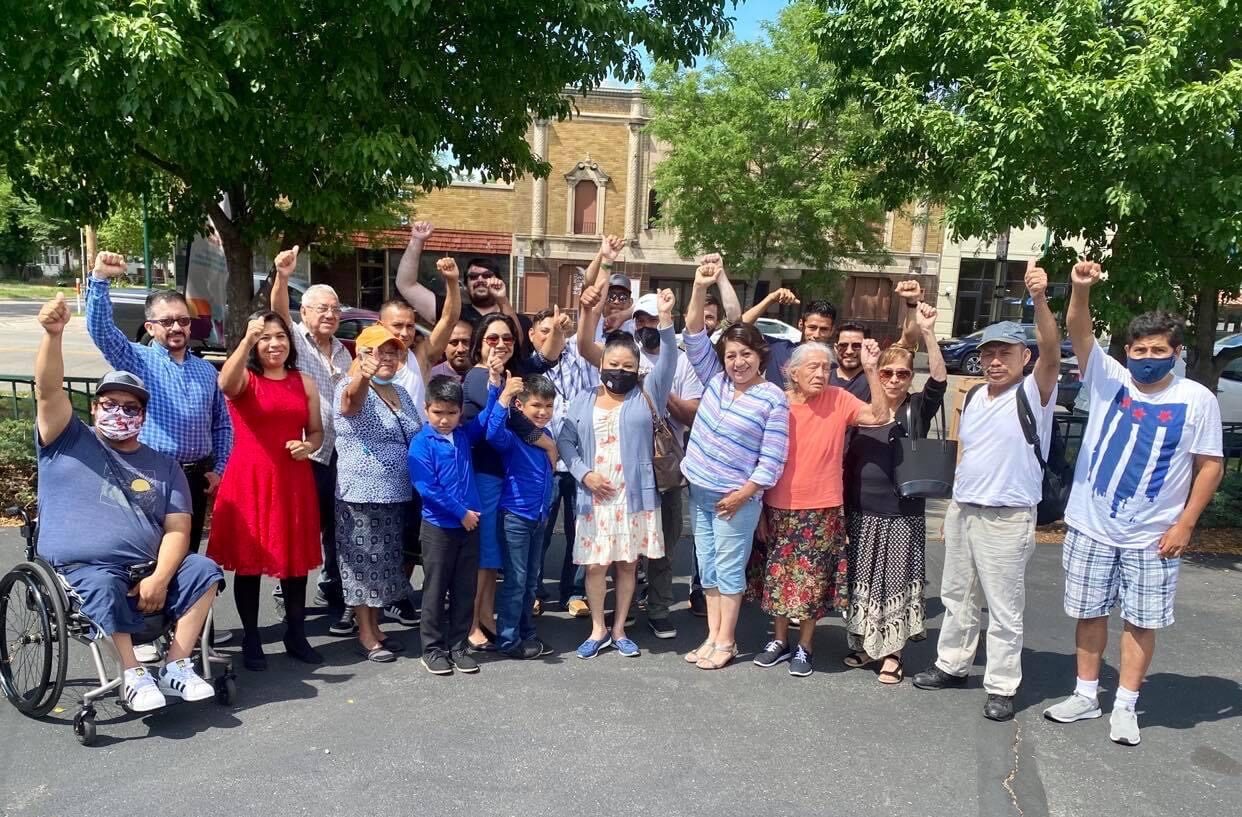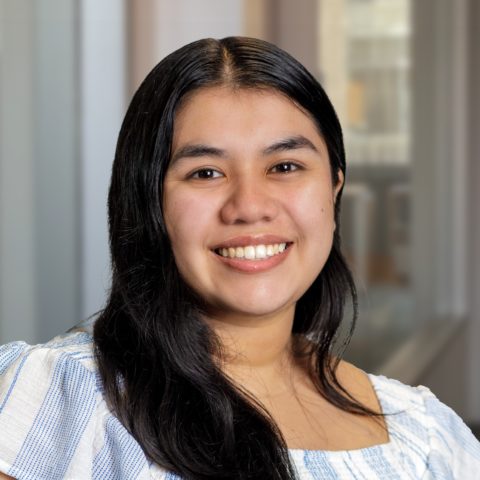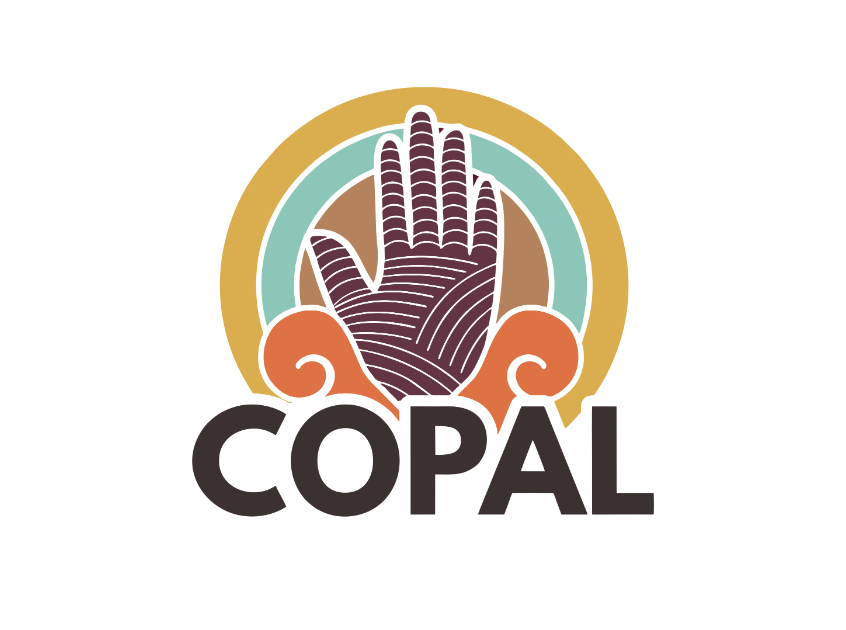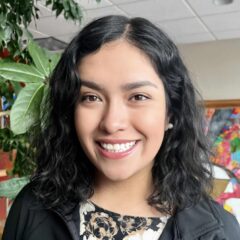
Last summer, my family’s gas stove got replaced with a glass-top electric stove. Initially, everyone in the home groaned and complained that an electric stove would mean making changes to how we cook our family’s traditional meals. Some dishes, such as chile rellenos and salsas, require an open flame for roasting. This is a common concern that many immigrant Latine families have, resulting in reluctance to switching from gas to electric or induction stoves.
From my experience, honoring traditions and holding onto our cultural heritage is incredibly important to our Latine community and identity. Without organizations that are willing to reckon with that, the Latine community at large may not be eager to participate in conversations about a clean energy future.
U.S. Energy Foundation (EF) grantee Comunidades Organizado el Poder y la Acción Latina (COPAL) is a grassroots organization based in Minnesota looking to bridge the gap between Latine communities and historically White-led environmentalism. COPAL works to build collective power, transform systems, and create opportunities for Latin Americans to have a dignified life in Minnesota. They envision a prosperous and inclusive Minnesota that is accessible and enjoyable for everyone, achieved by organizing around issues most impacting our communities every day, encouraging nonpartisan voter engagement, and supporting clean energy progress.
For some in Latine communities, environmentalism seems like an irrelevant topic. COPAL has set out to change this perspective with its three goals: base-building, civically engaging communities, and shifting public narratives.
COPAL was established in 2018 to address the immediate needs of Minnesota Latines, while also working to change the systems that exacerbate racial and economic inequities in the state. Through its membership model, COPAL centers the community at every step in the process. Members volunteer their time or money on a monthly basis and play a key role in the organization’s decision-making, including campaign strategy and board member elections.
COPAL is looking to shift the mainstream environmental public narrative to center impacted voices and elevate the stories of Latine and other communities most negatively impacted by environmental injustice.
This year, COPAL launched outdoor activities to address the barriers—such as the cost of equipment, inaccessible information, and transportation—that keep Latine community members from the outdoors.
Carolina Ortiz, Associate Executive Director of COPAL, emphasizes, “We want people to see environmentalism for its fun. We want people to enjoy the beautiful nature we have here in Minnesota and then insert conversations about conservation and other work we are doing.”
Their work continues beyond there. COPAL is in the process of making scientific information regarding climate change accessible to the public, and conducting college environmental justice tours.
By engaging the local community, COPAL also is inspiring residents to be civically involved through storytelling. Minnesota is home to many Central American migrants forced to leave their home countries due to natural disasters. COPAL has connected with these migrants and shared their testimonials to educate decision-makers on why environmental justice matters both inside and beyond Minnesota’s borders.
As part of their journey to building power in communities of color in Minnesota, COPAL has become part of the leadership team for the Clean Heat Minnesota campaign. This EF-supported state campaign is a coalition of environmental groups seeking to educate on the harms of natural gas and help Minnesota transition from gas to clean energy while centering community and equity.
“COPAL is one of the leading groups bringing equitable clean energy to the Midwest,” said Matthew Anderson, Program Director for Midwest Campaigns at EF. “Through their educational outreach, they helped build a foundation of support that ultimately led to Minnesota’s commitment to achieve 100 percent clean energy by 2040—an important goal for EF’s Midwest team. Their work continues to emphasize the importance and shared benefits when all voices in our community are present at the table.”
Through the leadership of organizations like COPAL that are able to connect with families at cultural, linguistic, and community levels, a clean energy future for all is possible. Equitable solutions can be created only with the involvement of frontline communities most disproportionately harmed by climate change.
As Ortiz said, “When we are united, our collective power becomes an unstoppable force for positive change.”
 Story author Bresy Pedraza Perez was an Energy Foundation intern in the summer of 2023.
Story author Bresy Pedraza Perez was an Energy Foundation intern in the summer of 2023.

